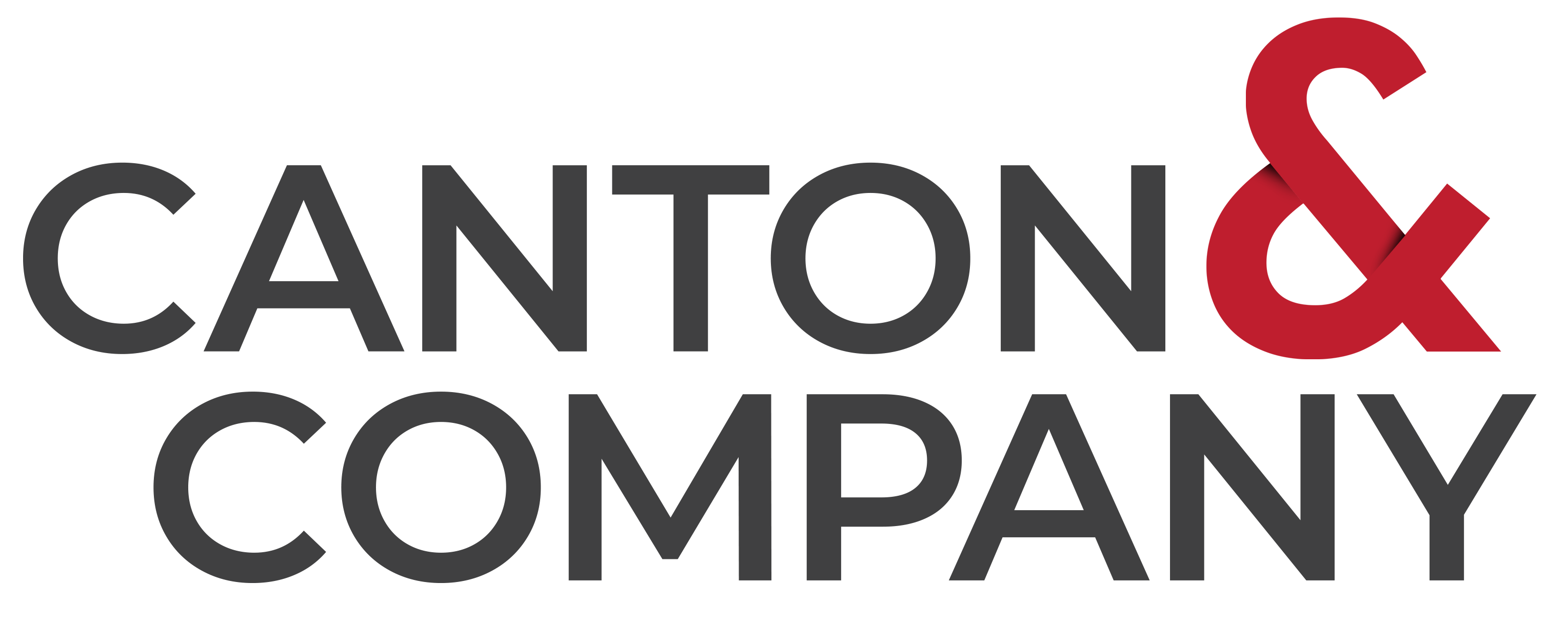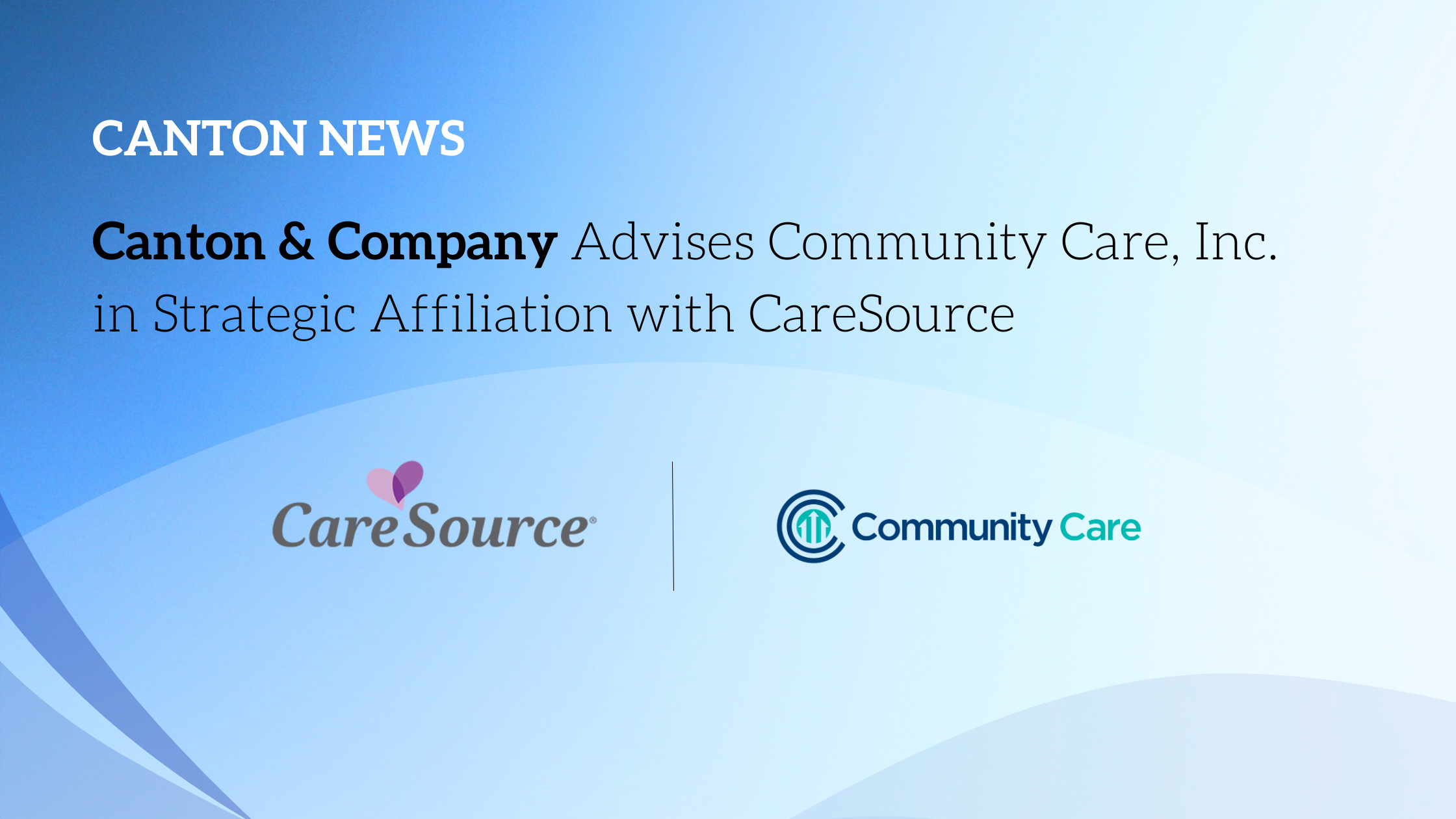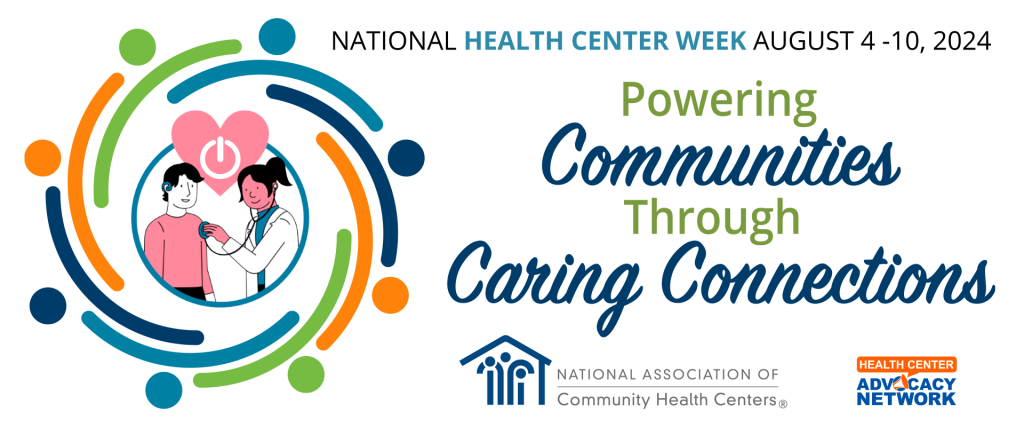With further consolidation in the home-health and home-care sectors, many business owners are considering selling their agencies. However, when evaluating the risks presented in the market today, it’s beneficial to approach each stage of the deal with a distinct strategy in mind. Buyers and sellers must be selective in engaging the experts they can rely on for advice and transaction support along the way.
This article outlines the four stages of an acquisition and provides insight on the successful navigation of a deal.
For additional information, please view our webinar, Getting Your Home (Care) in Order: What You Need to Know When Structuring A Home Care Acquisition. The webinar features:
- James C.H. Lee, Partner, Proskauer
- Whitney M. Phelps, Partner, Proskauer
- Sharon Harder, Vice President of Home and Community-Based Care, Canton & Company
What are the stages of home health transaction?
Stage 1: Reverse due diligence to prepare for the sale
As a seller, you can begin preparations by thinking like a buyer while conducting reverse due diligence —that is, a self-inventory of your agency. Anticipate the questions potential buyers will ask as an exercise to reveal issues that might affect your final transaction price.
Stage 1A: Selection of the banker
Engage your banker in the early stages of a sale. If you select a banker before connecting with any potential buyers, the banker can be instrumental in helping determine your valuation. Bankers also manage the process for you as a seller, leveraging their experience, which ensures the transaction will be more efficient.
Stage 2: The auction process
In the auction process, your banker and your lawyer should work closely with you to facilitate the assessment of bids, including securing confidentiality agreements and the letter of intent. Be prudent about the information you provide to potential bidders, with more sensitive due diligence materials provided only once exclusivity is granted.
In other words, if most of your bidders are strategic buyers, you may want to hold back on exposing some of your operational or financial information until you’re closer to narrowing the field down to a single buyer.
Stage 3: Negotiation of the transaction document representation and warranty insurance policy
In stage three, the buyer and seller negotiate the final purchase price adjustments. Expect that the transaction will include very specific deal-closing conditions.
Keep in mind that agreements will be subject to closing conditions, notably with respect to obtaining regulatory approvals, including obtaining antitrust approvals and other material regulatory approvals. The regulatory scrutiny of mergers and acquisitions in the home-health and home-care space is intensifying — following the broader trend of the healthcare market overall — and numerous transactions have failed to consummate due to a variety of regulatory matters.
Stage 4: Closing and post-closing
At this stage, once all the conditions leading up to closing are satisfied or waived, the parties will move forward with the payment of the purchase price. Following the closing, such purchase price may be subject to mutually determined post-closing true-up adjustments.
Experienced industry advisors, bankers, and lawyers will be able to boil down the most important aspects of the transaction into to five or six key decisions you need to make. Be sure to ask questions and understand each stage of the deal.
For a confidential consultation to discuss how you can meet your intended goals related to healthcare mergers, acquisitions, and growth initiatives, contact Canton’s team of experts:






.png)